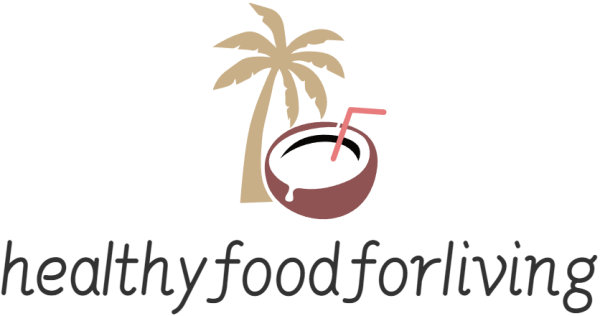Fiber is a fundamental component of a healthy diet, celebrated for its benefits ranging from improved digestion to reduced risk of chronic diseases. However, as with many dietary components, there is a threshold of how much fiber one should consume. Excessive fiber intake can lead to various gastrointestinal discomforts and potential nutritional deficiencies. This essay explores the intricate balance of fiber consumption, shedding light on when fiber transitions from being a dietary hero to a concern, and how to manage its intake wisely.
Understanding Dietary Fiber
Dietary fiber refers to plant-based carbohydrates that, unlike other carbohydrates such as sugars and starches, cannot be digested by the body’s enzymes. It passes through the digestive system largely intact and can be classified into two categories: soluble fiber, which dissolves in water to form a gel-like substance aiding in digestion, and insoluble fiber, which helps add bulk to stool and ensures smooth passage through the gut. Foods rich in fiber include fruits, vegetables, whole grains, legumes, nuts, and seeds.
The widely acknowledged benefits of fiber include promoting a healthy weight, lowering cholesterol levels, regulating blood sugar, and maintaining regular bowel movements. Given these advantages, dietary guidelines recommend a daily fiber intake of 25 grams for women and 38 grams for men. However, exceeding these recommendations significantly can lead to less discussed but impactful health issues.
The Dark Side of Excessive Fiber
While fiber is integral to a healthy diet, overconsumption can disturb the delicate balance of the digestive system and beyond. Here are some of the complications associated with excessive fiber intake:
- Gastrointestinal Distress: Excessive fiber, especially when consumed in a short period, can lead to abdominal pain, bloating, gas, and constipation. These symptoms occur because fiber absorbs water, and without adequate hydration, high amounts of fiber can harden stools rather than softening them, which contradicts fiber’s intended benefits.
- Nutrient Absorption Impediments: High levels of fiber can interfere with the absorption of certain minerals such as iron, zinc, magnesium, and calcium. This occurs because fiber can bind to these minerals, creating complexes that the body cannot absorb. For individuals with marginal intakes of these nutrients, excessive fiber consumption can exacerbate potential deficiencies.
- Caloric Insufficiency and Weight Management Issues: For people with high energy needs, such as athletes or those with specific medical conditions, excessively high-fiber diets can be filling but not calorically sufficient. This can lead to weight loss and nutrient deficiencies if the diet does not provide adequate energy.
- Potential for Harmful Imbalances: In some rare cases, an extremely high intake of fiber can lead to intestinal blockages, especially in those with existing bowel diseases. Additionally, overly high fiber intake can disrupt the balance of the gut microbiome, which plays a crucial role in everything from immune system regulation to mental health.
Balancing Fiber Intake
To avoid the pitfalls of excessive fiber intake while still reaping its numerous benefits, consider the following guidelines:
- Increase Fiber Gradually: If you are looking to increase your fiber intake, do it gradually over several weeks. This approach allows your digestive system to adjust without as much discomfort.
- Stay Hydrated: Drinking plenty of water is crucial when consuming a high-fiber diet. Water helps fiber do its job by preventing it from hardening and helping to create soft, bulky stools that are easy to pass.
- Diversify Your Sources: Eating a varied diet that includes multiple sources of fiber ensures a balance of soluble and insoluble types, providing all the benefits of fiber while minimizing potential negative effects.
- Listen to Your Body: Pay attention to how your body responds to increases in dietary fiber. If you experience adverse effects, adjust your intake accordingly, and consult with a healthcare provider if issues persist.
- Consider Your Total Diet: Remember that overall dietary context matters. Ensure that you are not just eating high-fiber foods at the expense of other essential nutrients. A balanced diet that includes a variety of food groups is crucial for overall health.







































